Les mots interrogatifs ouvrent la porte aux questions ouvertes (open-ended questions), c’est-à-dire aux questions dont la réponse est autre chose que OUI ou NON.
Dans ce cours, vous retrouverez un tableau des 17 pronoms interrogatifs à utiliser pour comprendre et poser des questions en anglais et un tableau avec des exemples de questions
Are you ready? Let’s go!
Table des matières →
Liste de 17 mots interrogatifs en anglais
| Anglais | Traduction, description |
|---|---|
| What | Que, quoi |
| When | Quand |
| Where | Où |
| Which | Quel, quelle |
| Who | Qui |
| Whose | À qui |
| Why | Pourquoi |
| How | Comment |
| What time | À quelle heure |
| What … for | Questionne le but, la finalité |
| What if | Et si (éventualité) |
| What about +ing | Et si (proposition, suggestion) |
| How come (informal) | Questionne la cause (= comment ça se fait) |
| How many | Questionne la quantité (nom dénombrable) |
| How much | Questionne la quantité (nom indénombrable) |
| How often | Questionne la fréquence |
| How + adjective | Questionne le degré de l’adjectif |
Découvrez notre cours sur la différence entre what et which.


Télécharger la fiche-mémo en PDF.
Les mots interrogatifs en anglais.
Exemples de phrases interrogatives
| Question en anglais | Traduction en français | Audio |
|---|---|---|
| What are you doing? | Que fais-tu ? | |
| What do you want? | Que veux-tu ? | |
| When do you finish work? | Quand finis-tu le travail ? | |
| When are you moving to London? | Quand est-ce que tu déménages à Londres ? | |
| Where have you been? | Où étais-tu ? | |
| Where is she waiting? | Où attend-elle ? | |
| Which dress do you prefer? The blue one or the yellow one? | Tu préfères quelle robe ? La bleue ou la jaune ? | |
| Which time suits you better? | Quelle heure te convient le mieux ? | |
| Who is the manager? | Qui est le manager ? | |
| Who drove this car last? | Qui est le dernier à avoir conduit cette voiture ? | |
| Whose bike is this? | À qui appartient ce vélo ? | |
| Whose turn is it? | À qui le tour ? | |
| Why are you so tired? | Pourquoi tu es autant fatigué ? | |
| Why do you think our team lost tonight? | Pourquoi tu penses que notre équipe a perdu ce soir ? | |
| What time is it? | Quelle heure est-il ? | |
| What time does the movie start? | À quelle heure commence le film ? | |
| What are these tools for? | À quoi servent ces outils ? | |
| “I need a bigger house.” -“What for?” | J’ai besoin d’une maison plus grande. – Pourquoi ? | |
| What if I offered you a new computer? | Et si je t’offrais un nouvel ordinateur ? | |
| What if you got a new job? | Et si tu cherchais un nouveau travail ? | |
| What about going to the cinema? | Et si on allait au cinéma ? | |
| What about watching a movie? | Et si on regardait un film ? | |
| How come you’re so late? | Comment ça se fait que tu es en retard ? | |
| The TV won’t switch on. How come? | La TV ne s’allume pas. Comment ça se fait ? | |
| How many days are left until the deadline? | Combien de jours reste-t-il jusqu’à la date limite ? | |
| How many eggs do I need for this recipe? | De combien d’oeufs ai-je besoin pour la recette ? | |
| How much does this watch cost? | Combien coute cette montre ? | |
| How much time do we have until the shop closes? | Combien de temps avons-nous avant la fermeture du magasin ? | |
| How often do you go to the swimming pool? | À quelle fréquence vas-tu à la piscine ? | |
| How often do you shower? | À quelle fréquence te douches-tu ? | |
| How long is the trip? | Combien de temps dure le voyage ? | |
| How far do you live? | À quelle distance vis-tu ? | |
| How expensive is this jacket? | Combien coute cette veste ? | |
| How fast can you run? | À quelle vitesse peux-tu courir ? |
Télécharger ce cours en PDF


Télécharger la fiche-mémo en PDF.
Les mots interrogatifs en anglais.
Les autres fiches de grammaire anglaise
- Les question tags
- Comment faire une phrase en anglais
- La phrase négative en anglais
- L’ordre des mots en anglais




Je l’apprécie votre explication.
Elle est évidemment compréhensible.